
Ifaxa 10mg Tablet
Manufacturer
Lloyd Healthcare Pvt Ltd
Salt Composition
Rivaroxaban (10mg)
Key Information
Short Description
Ifaxa 10mg Tablet is a medicine known as an anticoagulant or blood thinner. It helps prevent and treat blood clots.
Dosage Form
Tablet
Introduction
Ifaxa 10mg Tablet is commonly used in patients with irregular heart rhythm (atrial fibrillation) to prevent clot formation. It also reduces the risk of getting clots in people who have undergone knee or hip replacement surgeries. It may be taken with or without food. Take it at the same time each day for maximum benefits. You may need to take this medicine for many years even for life in some cases. Do not stop taking it or change the dose without guidance from your doctor. It could quickly put you more at risk of having a heart attack, stroke, or thrombosis (formation of a blood clot within a blood vessel). You can reduce your risk of having a blood clot by making changes to your lifestyle such as not smoking, eating a healthy diet, getting regular exercise, and losing weight if you need to.
Directions for Use
Take this medicine in the dose and duration as advised by your doctor. Swallow it as a whole. Do not chew, crush or break it. Ifaxa 10mg Tablet may be taken with or without food but it is better to take it at a fixed time.
How it works
Ifaxa 10mg Tablet is a novel oral anticoagulant (NOAC). It works by stopping a clotting factor called factor Xa from working. This helps prevent the formation of blood clots in the body.
Quick Tips
Take at the same time every day Take with meals Interacts less with food or other medicines Frequent dose changes are not required Increases your risk of bleeding Be careful while shaving, cutting fingernails or toenails, using sharp objects or engaging in contact sports May cause dizziness, avoid driving or activity requiring mental focus May be asked to stop taking Ifaxa 10mg Tablet temporarily before surgery or dental treatment Notify your doctor if you have any kidney problem Inform your doctor if you are pregnant, planning pregnancy or breastfeeding Do not stop taking medication without talking to your doctor
Related Medicines
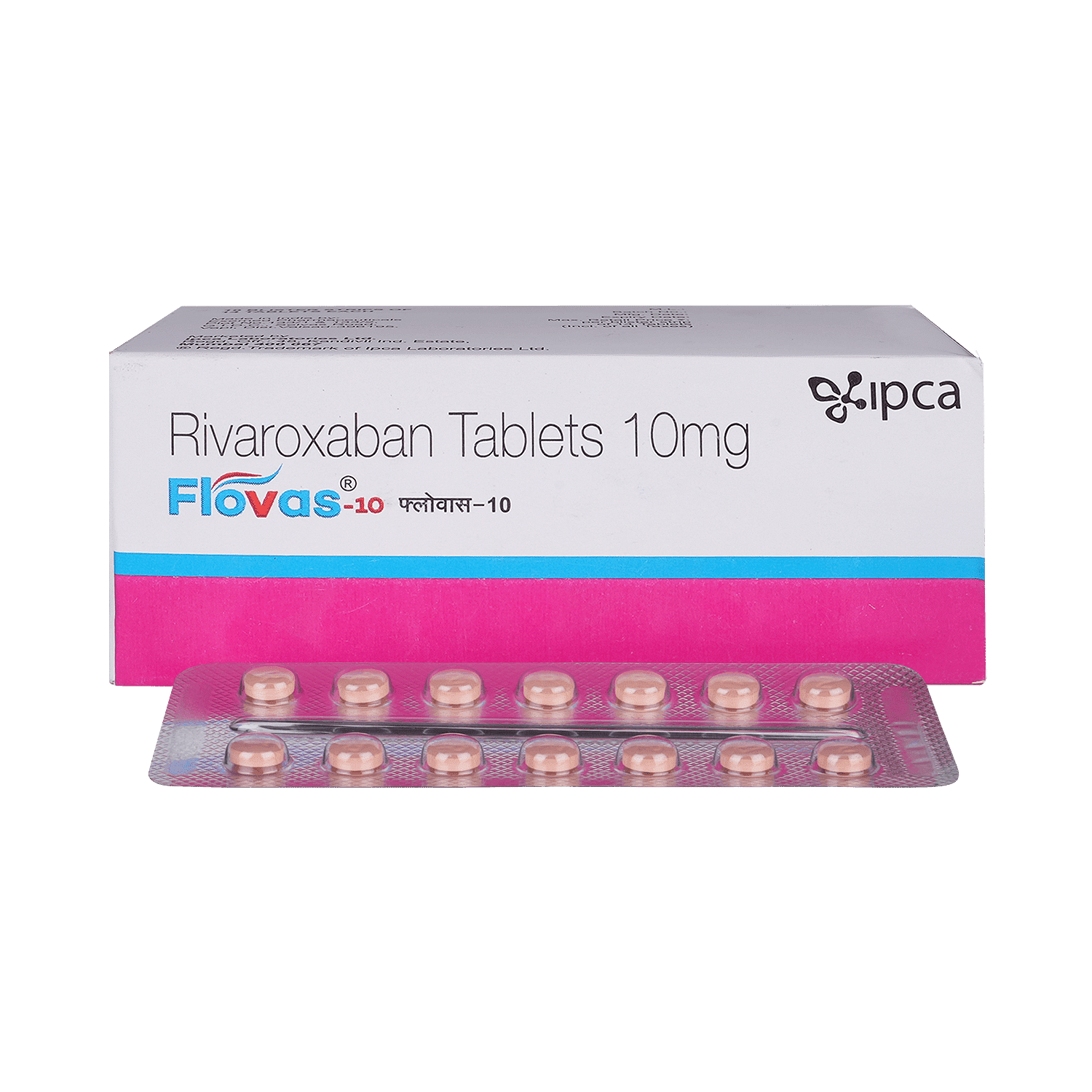
Flovas 10 Tablet

Rivaban 10 Tablet
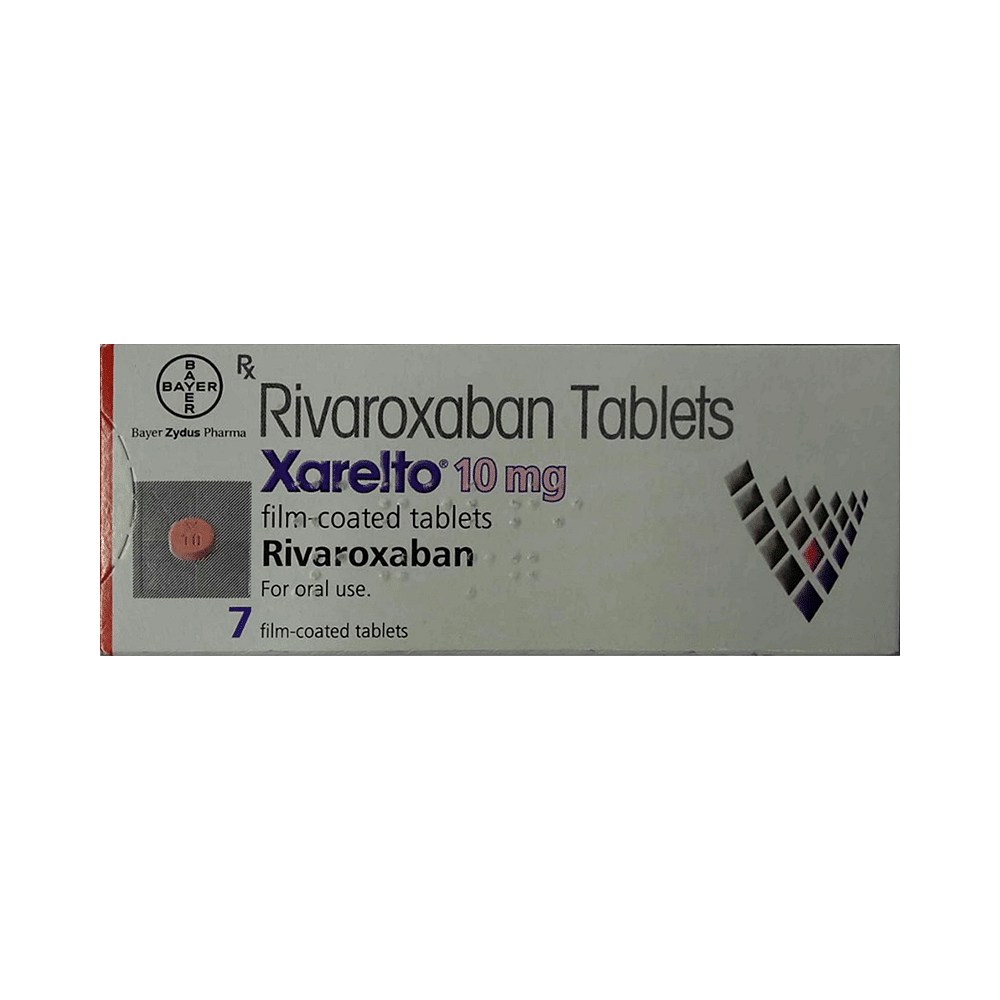
Xarelto 10mg Tablet

Arviloto 10mg Tablet

Rivajon 10 Tablet
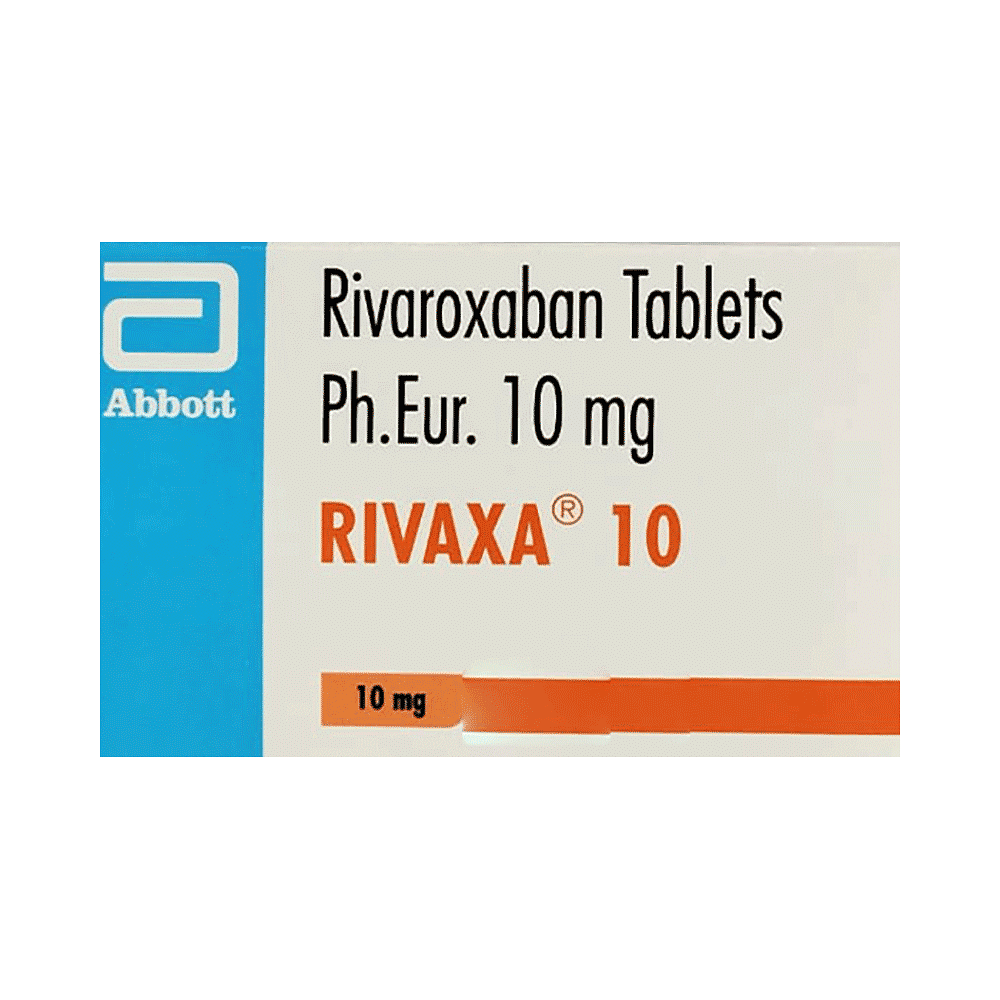
Rivaxa 10mg Tablet
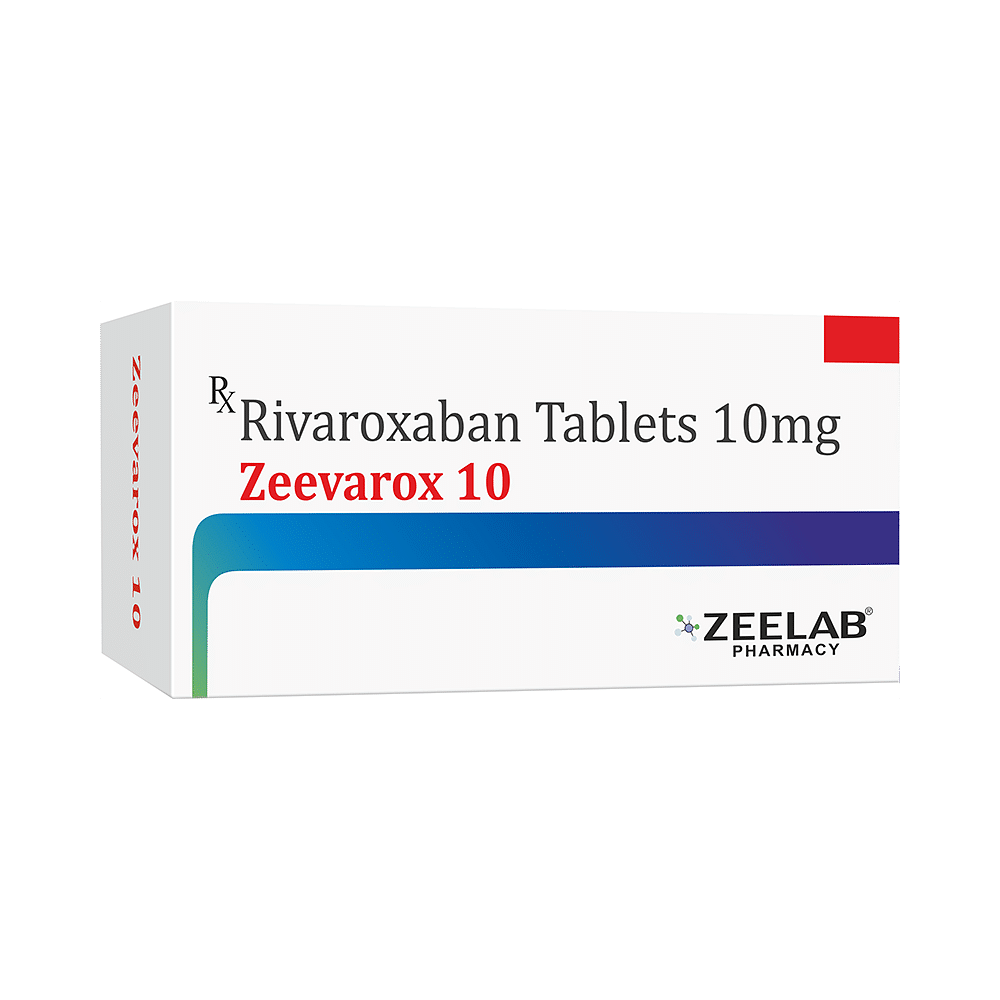
Zeevarox 10 Tablet

Viklot 10 Tablet
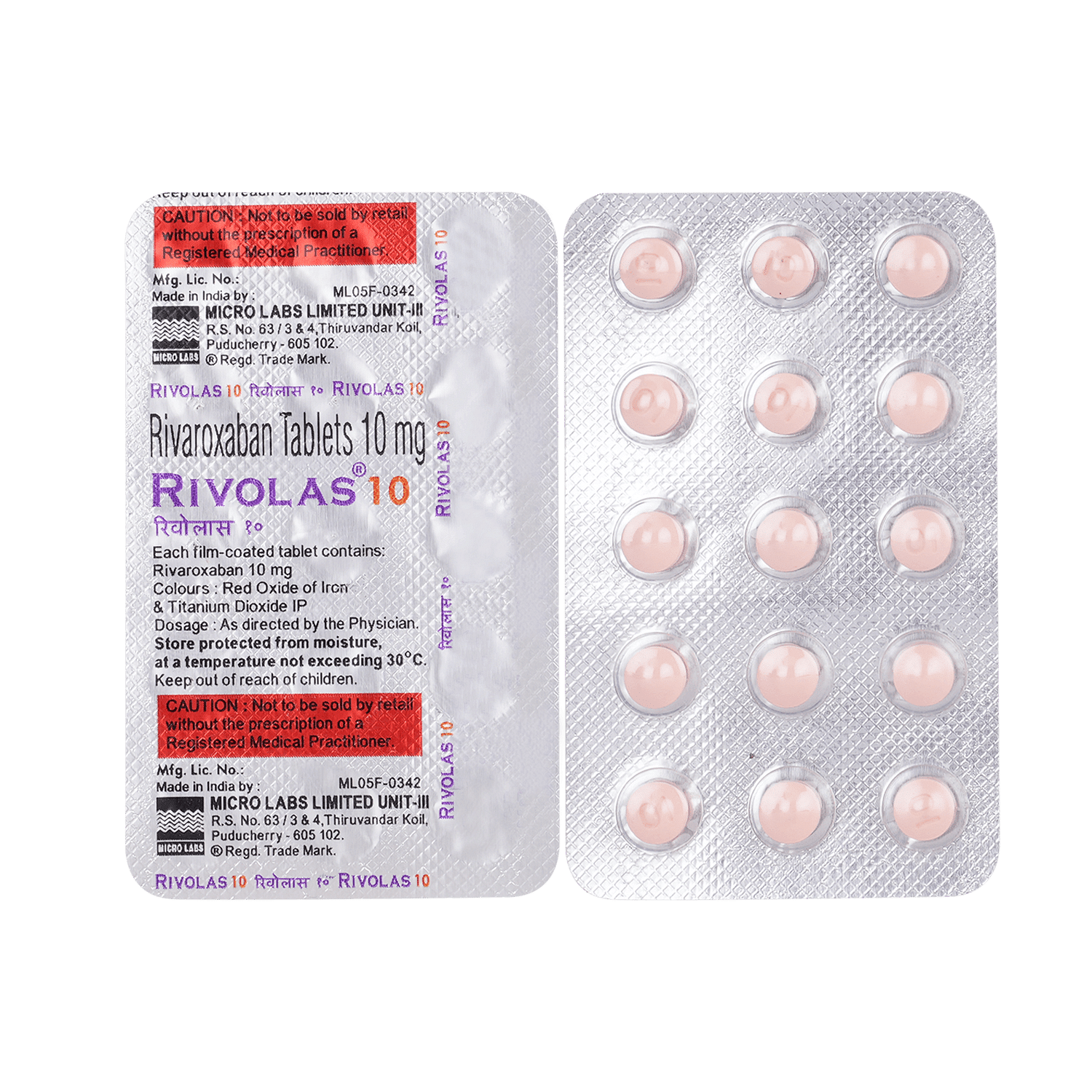
Rivolas 10 Tablet

Varban 10mg Tablet
Frequently asked questions
What are the potential side effects associated with taking Ifaxa 10mg Tablets?
Common side effects may include prolonged or excessive bleeding, breathlessness (which could be a sign of bleeding), exceptional weakness, tiredness, paleness, dizziness, headache, and unexplained swelling. Rare but severe side effects can involve skin and allergic reactions, bruising, coughing up blood, bleeding from the skin or under the skin, and swelling and pain in the limbs. Ifaxa 10mg Tablets may also increase bilirubin levels and decrease platelet counts.
Does Ifaxa 10mg Tablet function as a blood thinner?
Yes, Ifaxa 10mg Tablet is classified as a blood thinner. It serves to prevent the formation of blood clots within blood vessels and the recurrence of these clots in the bloodstream. This medication may be prescribed for treating blood clots in veins of the legs and in lung blood vessels.
Is Ifaxa 10mg Tablet considered safe?
Ifaxa 10mg Tablet has therapeutic benefits, but it can cause an increased risk of bleeding following even minor injuries due to its effect on reducing blood clotting ability. In some cases, serious bleeding may occur and require immediate medical attention. This risk is heightened when Ifaxa 10mg Tablet is taken alongside other blood thinning medications.
What foods should be avoided while taking blood thinner medications like Ifaxa 10mg Tablets?
It is recommended to avoid consuming grapefruit and grapefruit juice while on Ifaxa 10mg Tablets, as it can slow down the metabolism of this medication and increase the risk of bleeding. For individuals taking warfarin or other blood thinners, foods high in vitamin K that promote clotting should be avoided. Such foods include spinach, Brussels sprouts, mustard greens, broccoli, asparagus, and green tea.


